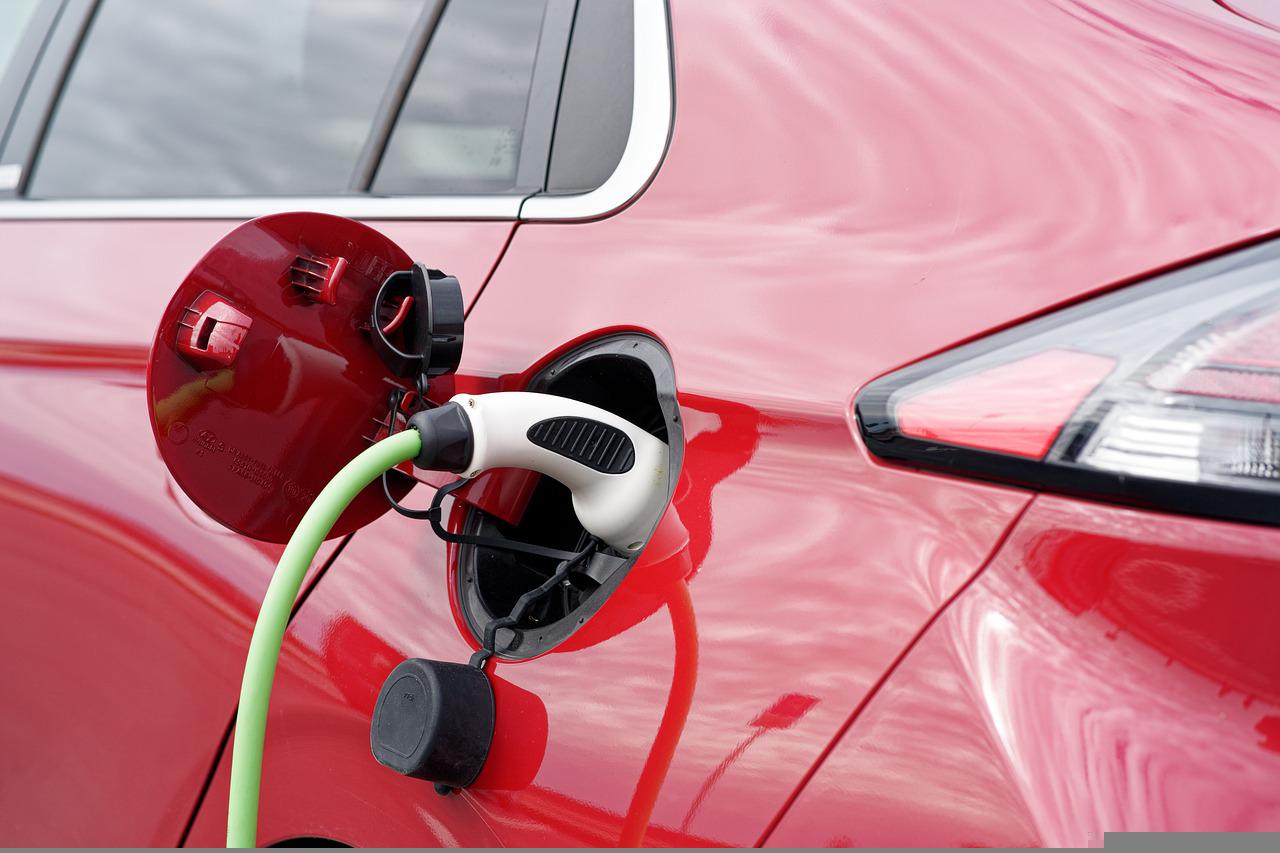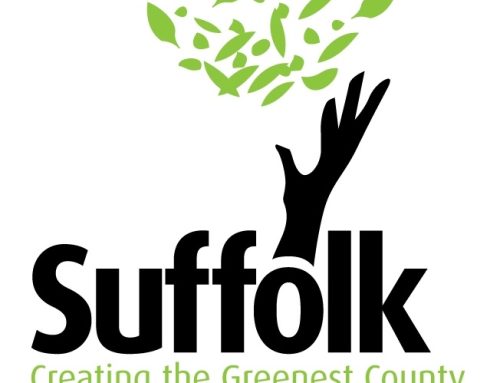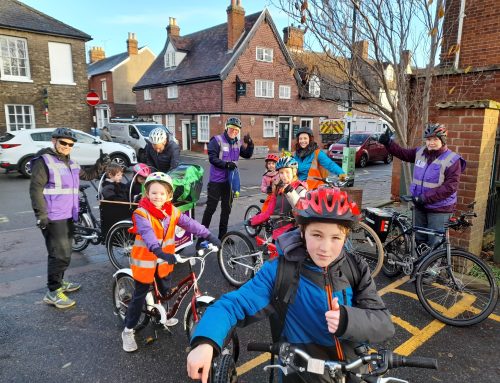
[Source: Suffolk County Council]
The council submitted a bid of £1,362,000 to the Department for Transport, as part of the Local EV Infrastructure (LEVI) pilot scheme.
Suffolk’s residents and visitors will see further improvements to the county’s electric vehicle (EV) charging network, following Suffolk County Council’s successful bid to fund more charging points.
With additional contributions such as commercial funding, the project will see a total investment of around £2.75m.
The new LEVI funding will allow the council to develop the county’s EV charging network by:
- PV solar power and battery storage upgrades to approximately 10 existing sites
- Installing community EV charging, PV solar power and battery storage at over 30 further sites in urban and rural areas
- Identifying key commercial sites for 7kW, rapid and ultra rapid chargers, which will benefit the local community
Suffolk County Council has led the way in electric vehicle charging, following the launch of Plug In Suffolk in 2019. It was the UK’s first ‘fully open’ public EV fast charging network and has seen other local authorities around the country follow that model.
Plug In Suffolk has now installed 100 charging points around the county, with an emphasis on installations in rural locations and supporting households without off-street charging capabilities.
Councillor Richard Rout, Suffolk County Council’s Deputy Leader and Cabinet Member for Finance and Environment, said:
“This is excellent news for those living in Suffolk, and those who are visiting to enjoy everything our county has to offer.
“We have had over 70 expressions of interest for potential sites, which will offer over 200 new charging points, including proposals for installations of solar carports, as well as regular charging points.
“These are places such as community centres, village halls, sports clubs and park and ride sites, many of which are within walking distance of people who do not have access to off-street parking.
“Through Plug In Suffolk we have a history of successfully creating these EV charging community hubs, for example at the Coddenham Centre. We will now be able to create more sites like this, and working with parish councils and local groups makes the installations a real community effort.”
This project contributes to Suffolk’s commitment to be Net Zero by 2030. The Suffolk Climate Emergency Plan identified that decarbonisation of vehicles in Suffolk was a key aspect of meeting that target.






